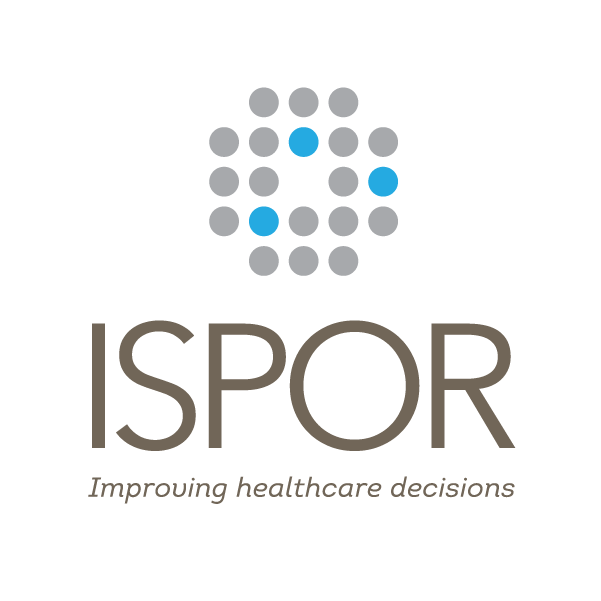Newswise — Lawrenceville, NJ, USA—April 6, 2022—Value in Health, the official journal of ISPOR—The Professional Society for Health Economics and Outcomes Research, announced today the publication of a report providing evidence on the perceived barriers to the development and use of open-source health economic models. The report, “Opportunities and Barriers to the Development and Use of Open Source Health Economic Models: A Survey,” was based on a large sample of the health economics and outcomes research community and appeared in the April 2022 issue of Value in Health.
“Open source models have been advocated to increase the transparency, efficiency, and credibility of health economics modeling,” wrote the authors, who are leaders of ISPOR’s Open Source Models Special Interest Group. “Previous studies have indicated interest among the health economics and outcomes research community regarding the use and development of open-source models; however, their adoption remains low.”
Thus, the authors designed a survey to assess the usefulness and barriers to the implementation of open-source models for health economics analyses, surveying a much larger cohort of respondents than previously available. The survey included questions relating to the occupational sector and familiarity with open-source models, their usefulness, barriers to their development, the development of an interactive open-source model repository, and the importance of several topics that could be the focus of future Special Interest Group activities.
Respondents agreed that there are numerous potential benefits associated with open-source models, including increased transparency and credibility. Respondents further agreed that the development and requirement of submission of open-source models by health technology assessment authorities would be a clear signal of their usefulness. Still, several barriers hamper the widespread adoption of open-source models, especially concerning their ability to be updated, legal concerns, and the sharing of confidential and person-identifiable data.
The authors conclude that “Further efforts should focus on educating modelers in the technical aspects of open-source models, while ensuring that the health economics and outcomes research community understands the opportunities and pitfalls of open-source models." The authors recommend that future research concerning open-source models should aim to understand the incentives for all stakeholders to develop and use these models, seek to develop environments where the models (and their underlying data) may be shared securely, and examine how developing these models may influence work processes.
###
ABOUT ISPOR
ISPOR, the professional society for health economics and outcomes research (HEOR), is an international, multistakeholder, nonprofit dedicated to advancing HEOR excellence to improve decision making for health globally. The Society is the leading source for scientific conferences, peer-reviewed and MEDLINE®-indexed publications, good practices guidance, education, collaboration, and tools/resources in the field.
Website | LinkedIn | Twitter (@ispororg) | YouTube | Facebook | Instagram
ABOUT VALUE IN HEALTH
Value in Health (ISSN 1098-3015) is an international, indexed journal that publishes original research and health policy articles that advance the field of health economics and outcomes research to help healthcare leaders make evidence-based decisions. The journal’s 2020 impact factor score is 5.725 and its 5-year impact factor score is 6.932. Value in Health is ranked 4th of 98 journals in health policy and services, 9th of 108 journals in healthcare sciences and services, and 24th of 376 journals in economics. Value in Health is a monthly publication that circulates to more than 10,000 readers around the world.
Website | Twitter (@isporjournals)

